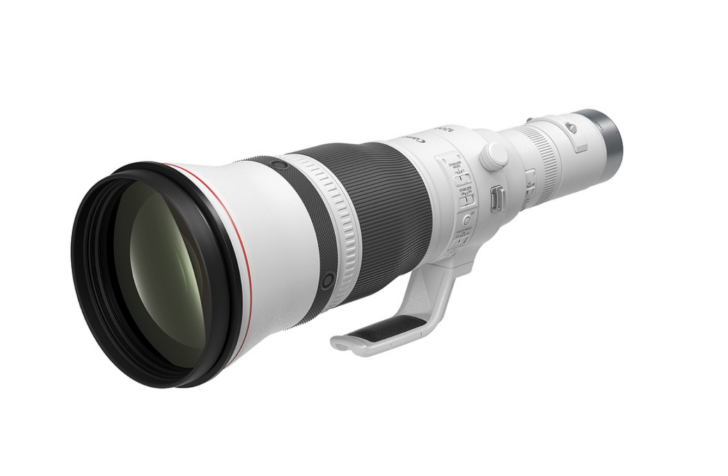CanonNews created an article going through the RF 800mm and the RF 1200mm lenses. Like many of you, the sticker shock of 17K and 20K was a surprise to me as well.
This article looks into the MTFs and tries to find a good reason to actually spend the extra money. It really comes down to whether or not you have the desire with 400 or 600mm lenses to stack Canon extenders. With the “inherent” 2x extender built into the 800mm and 1200mm lenses, you have the ability to take that to 1600 and 2400mm – focal lengths you cannot achieve using Canon extenders and the 400mm and 600mm lens, unless you use the soon to be discontinued Canon EF super telephotos (conspiracy there?). From the article;
If you have an R3, then these lenses are for you if you are needing to stack extenders using the more conventional RF 400 or RF 600mm lenses. If you have the EF versions of these lenses, then no, avoid purchasing these lenses. The new lenses are really the only option if you need to have an extreme focal length and wish everything to be native RF mount, as both the 800 and 1200mm can go to 1600 and 2400mm respectively, which the 400mm and 600mm lenses cannot. This may change dramatically if Kenko comes out with RF extenders.
You can read the article here.


Edit: Just looked up there are no 3rd party TCs for either L or E mounts.
RF: 23449, EF: 14149...
A fully convincing lens, and even more thanks to your spending many hours testing it!
An implication of this is that it may corroborate the prediction that the R1 is going to be low-res.
Frowny face here.
It might also be that Canon was wanting to beat Sony to market with a "super," super telephoto. Although I know we like to say that Canon follows it's own plans...
It did fantastically at 135mm and 100mm on my SHOOTOUT threads on the lens forum on this site, links below. In a nutshell:
100mm SHOOTOUT! Detailed Analysis of the Hand-Holdability and General Sharpness of the RF100/2.8 Macro, the RF100-500/4.5-7.1 and the RF24-105/4
135mm SHOOTOUT! Detailed Analysis of the Hand-Holdability and General Sharpness of the RF135/1.8, the RF100-500/4.5-7.1, and the EF135/2
For my part, I just find it delicious that she's wandering around with multiple lenses. She used to make fun of me for that.
I use the RF 100 macro, and the additional reproduction ratio can be useful on the smallest of subjects, but is difficult to achieve reliable focus and focus stack sets while running and gunning at those extreme magnifications. I have to use artificial light to freeze things, and that's a step too far for her. Like her, I usually just take the 100-500 and take advantage of the opportunities presented with later cropping.